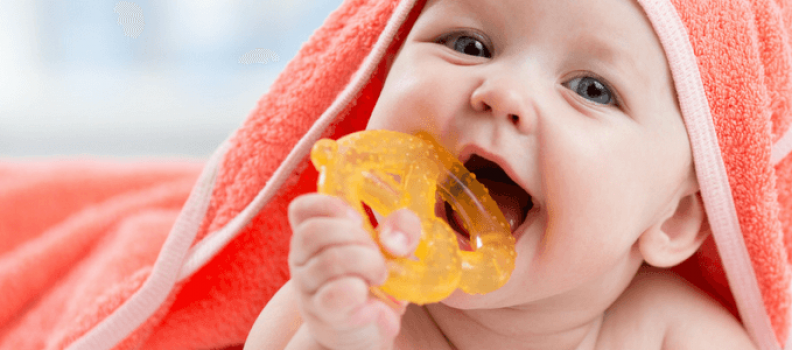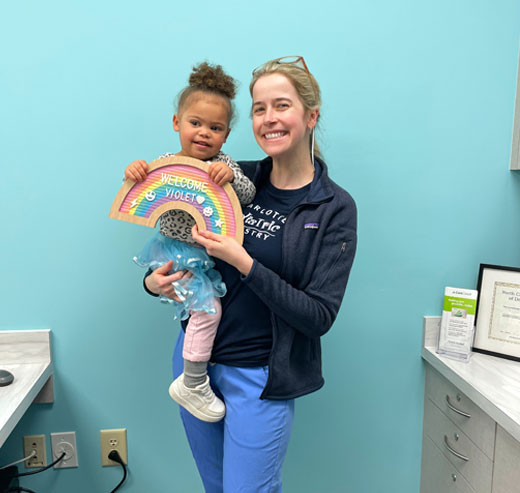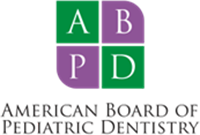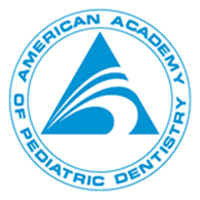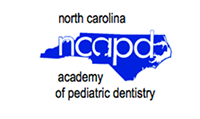Teething - a painful yet necessary milestone in your baby’s early life. Though every child is different, many experience similar signs of teething.
Many of us at Charlotte Pediatric Dentistry are parents, too, so we know what you and your little one are going through. We’ve come up with some tips to help making the teething months a little more bearable.
How to tell your baby is teething
The signs of teething are unmistakable, though some babies manage to go through the teething phase without any real pain or symptoms. Here are a few common signs of teething:
- Excessive drooling
- Low grade fever (less than 101 degrees)
- Gum rubbing
- Chewing and biting on any object they can - clothes, toys, fists, etc.
- Increased irritability
- Outer mouth rash (caused by excess drooling)
A common mistake many of us make is to chalk up almost all symptoms to teething. If your baby’s fever is accompanied by runny nose, cough, noticeable ear pain, or anything else out of the ordinary, note that these symptoms are not caused by teething.
When does teething start?
Babies typically start the teething process around 4 - 6 months old. Though the first few months of teething can be unbearable for babies and parents, the teething process is inherently important for language development, immunity strengthening, bone development, and the ability to consume nutritious foods.
Alleviating teething pain
As parents, we often have a hard time seeing our little one in pain, especially when they are too young to communicate the exact problem. Though we can’t completely stop the painful process of teething, there are ways to alleviate the discomfort.
- Chewing on a clean, wet, cool washcloth
- Gum massage (make sure you thoroughly wash your hands first)
- Chilled teething toys
- Dry up excess drool to avoid mouth rashes
- OTC (over-the-counter) remedies - check with your pediatrician first
Go for cold, not frozen
Frozen teething toys may be too cold for your baby’s sensitive gums. Put solid teething toys in the refrigerator instead of the freezer. Though solid toys are preferred over the liquid-filled plastic teething toys, those are acceptable when used under parental supervision.
Some foods your baby may enjoy during teething are chilled applesauce, teething biscuits, and cold pureed fruit.
Keep teething objects clean
Once your baby feels comforted and soothed by their teething toy, they will lose interest in it and move on to the next thing. Make sure you sanitize teething toys between each session. Lack of sanitation can cause an infection.
Call your pediatric dentist
Your child should see their trusted pediatric dentist after their first tooth erupts. Typically, the bottom two front teeth are the first to erupt (sometimes they come in one at a time).
Your baby’s teeth and gums will be examined at the first appointment. Keeping their teeth and gums healthy from the beginning gives them a better chance of healthier smiles in the years to come!
